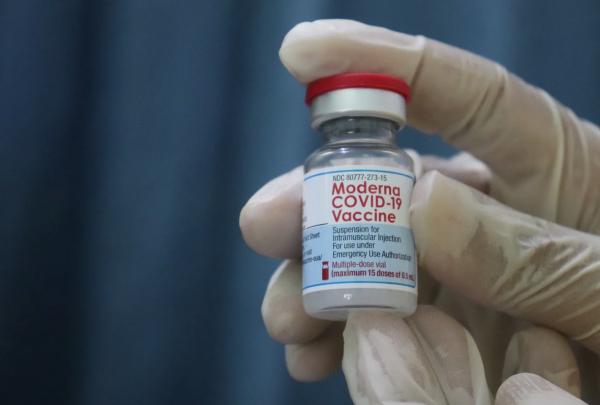Since January, billions of COVID-19 vaccines have been administered around the world. Hyperbolic news stories based on data from the US Vaccine Adverse Event Reporting System (VAERS) and other passive surveillance databases have claimed that the shots often carry severe side effects, but the available evidence has not substantiated this conclusion. Multiple studies have shown that COVID immunizations are safe for most people.
Another large study just published in the American Journal of Infection Control has offered up more data to improve our understanding of the new vaccines. The researchers investigated adverse events following immunization (AEFIs) reported to VAERS between January 01, 2021 and April 30, 2021. 146,238 cases were reported to the database during this period. 4,538 were excluded because of “product substitution, interchange of vaccine products, incorrect dose administered, unknown vaccine manufacturer or unevaluable event.”

The remaining 141,208 cases were categorized by which of the three authorized vaccines they received. Results:
A total of 141,208 individuals suffered at least one AEFI following 239.97 million doses of COVID-19 vaccination. The frequency of side effects was 0.04%, 0.06%, and 0.35% following administration of Pfizer-BioNTech, Moderna, and Johnson & Johnson's Janssen vaccines, respectively.
...
The three COVID 19 vaccines have a wide safety profile with only minor and self-limiting adverse effects. However, continued monitoring [and] surveillance is required to review any unexpected serious adverse effects.
The most common adverse events reported (see Table 2 for a full breakdown of AEFIs) in the Pfizer/BioNTech and Moderna groups were headache and chills. J&J recipients most commonly experienced headache and fever. Fatigue was less commonly reported in all three groups. Pain in extremity was the most frequent local adverse event reported by all three groups.
Crucially, severe adverse events were very rare. After 239.97 million doses administered, Bell's Palsy was reported by 748 individuals, Anaphylaxis by 747 individuals and Myocarditis/ Pericarditis by 224 individuals. Just 3,662 deaths were reported following any vaccination (we'll cover causation in just a minute). The researchers also reported the comparative frequency of rare AEFIs (per million doses) for each vaccine.
Takeaway: COVID shots pose little risk
A few comments are in order. More than 40 percent of the deaths reported were individuals over 80 years old “either in hospice care or with chronic illness & multiple co-morbidities,” the study noted. The frequency of death post-vaccination was 0.002%. With so many doses administered over such a short period, it's unlikely that these results are clinically significant. Most of the side effects lasted less than a week and didn't require hospitalization.
If these results sound familiar, it's because they are. See this analysis by my colleague Dr. Josh Bloom for an example: The Pfizer And Moderna Shots Are Safe. Really Safe.
The study probably underestimated the number of adverse events; vaccine skeptics frequently make this observation about VAERS-related studies, though they leave out that this is “likely due to underreporting of minor and self-limiting side effects [my emphasis]. And the money quote, which everyone should read carefully, especially those of you who cite VAERS statistics like they're indisputable evidence of vaccine injury:
The major drawback of VAERS data is that it cannot determine if the vaccine caused the reported major adverse event … There has been a misinterpretation of reports of deaths following vaccination as deaths due to vaccination by the public.
VAERS accepts all reports of adverse health events following vaccinations. These adverse reports may represent true reports or maybe just circumstantial. Overall, a direct causal relationship between vaccine administration and adverse effects cannot be established by the VAERS reports only.
With that said, the authors acknowledged that “more research on the mechanisms of immunogenicity and reactogenicity for these vaccines is needed,” the goal being to more accurately identify individuals who could suffer a significant adverse event. “The surveillance and monitoring for AEFIs must be continued to detect any new or rare adverse effects,” they wrote.
In sum, the study should help calm lingering fears about the COVID shots. With a large sample size and almost five months worth of safety data, it provides more evidence that the vaccines aren't killing people en masse—just protecting them from a harmful virus.




